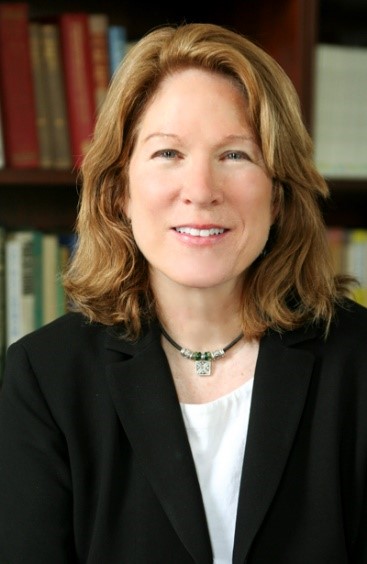Social Work faculty to evaluate federally funded training program for family nurse practitioners

A public health expert from the School of Social Work will contribute to the development of a federally funded curriculum to strengthen the training of family nurse practitioners (FNPs) in underserved areas of Michigan.
Associate Professor Kim Jaffee will provide the evaluation for a three-year Health Resources and Services Administration (HRSA) grant received by Wayne State's College of Nursing to enhance the training of doctorate-level FNPs, who are qualified to provide primary care to patients. The School of Social Work will receive a portion of the $1.9 million HRSA grant, which will fund a collaboration between Wayne State, the Michigan Area Health Education Center, the Saginaw Valley State University Department of Nursing, and health centers in Wayne, Saginaw, Houghton and Lapeer Counties.
A 30-year member of the American Public Health Association who has held leadership positions with the organization, Jaffee said the grant will help train FNPs in areas of Michigan identified by the federal government as having a shortage of health care providers. These areas suffer from socioeconomic- and ethnic-based health disparities, maldistribution of health services, and a shrinking workforce to serve the increasing number of residents who have insurance under the Affordable Care Act. FNPs, who often live in and develop strong relationships with the communities they serve, can help address this shortage, she said.
Jaffee, who has evaluated training for child protective services workers in Detroit and evaluated a Syracuse, N.Y.-based Healthy Start program with HRSA funding, will evaluate the FNP project as the grant team develops a replicable clinical education program featuring an immersive clinical experience for the FNP students, a web-enhanced preceptor training, clinical placements and preceptors, free online CEUs for clinical partners, and an annual preceptor conference. The FNP students will be educated in a Primary Care Medical Home model that is culturally appropriate for populations experiencing health disparities.
Social work brings an important perspective to the project, Jaffee said.
"Social work provides the lens that highlights the psychosocial and cultural factors that influence physical and behavioral health, as well as the socioeconomic factors that impact access to the health care system," Jaffee noted. "This enhanced training for FNPs will assist in meeting the complex healthcare needs of a diverse population in high medical need areas of Michigan."
For additional information on research conducted at the Wayne State University School of Social Work visit the Center for Social Work Research website.